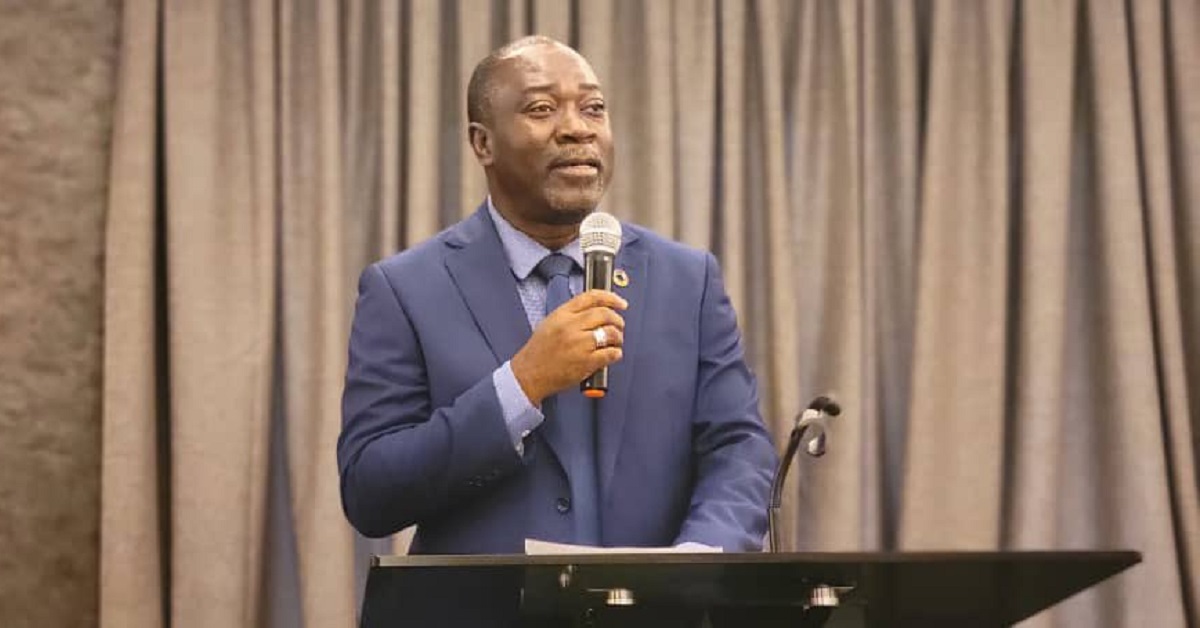The United Nations Resident Coordinator, Babatunde Ahonsi, has emphasized that agricultural development in Sierra Leone could be a very important milestone for the West African nation.
Ahonsi maintained that it marks a significant step forward in collaborative efforts to support and strengthen the agriculture sector in a more coherent and coordinated matter.
“In my remarks at the launch of the agriculture sector donor working group in Freetown today, I emphasized that it could not have been better timed as the country is now preparing its next medium-term national development plan and for us at the UN Sierra Leone, our next cooperation framework” he said.
His complete speech reads: As the United Nations Resident Coordinator in Sierra Leone, I am committed to supporting this initiative and working closely with all of you to achieve the objectives.
Ladies and gentlemen,
I am honored to address you today at the official launch of the Agriculture Sector Donor Working Group (ASDWG) here in Sierra Leone. This marks a significant step forward in our collective efforts to support and strengthen the agriculture sector in this beautiful country in a more coherent and coordinated manner.
It could not have been better timed as the country is now preparing its next Medium-Term National Development Plan and the stated goal of the government is that its flagship programme for the next 5 years will be the Feed Salone Initiative. On the side of the UN Country Team, its next Sustainable Development Cooperation Framework will be fully elaborated in the coming months.
We know that Sierra Leone has the potential to be 100% food self-sufficient and to be a net exporter of food. Yet, since late 2020 we have seen an upward trend in the proportion of households that are food-insecure, and heavy reliance on food imports persists. It is thus imperative that stakeholders in the agriculture-cum-food security sector work better together to get more returns from the efforts and resources being invested to support the country in revitalizing and transforming agriculture.
The establishment of the Agriculture Sector Donor Working Group is a testament to our commitment to fostering a coordinated approach to supporting Sierra Leone’s agriculture sector. It is a clear recognition that no single entity or organization can address the complex challenges facing this sector in isolation. We must work together, align our efforts, and pool our resources to make a greater impact.
I am delighted that the invitation to this event contained a broad definition of ‘donors’ that referenced traditional donors, private sector stakeholders, and NGOs. I take this to mean that the group would be as inclusive as possible in its processes and actions. Beyond this, may I humbly suggest that for this group to be truly impactful with the support it will provide for Sierra Leone’s agricultural transformation efforts, it must place high premiums on sustainability, national ownership and capacity, programs rather than projects, and sound evidence-informed advocacy.
As the United Nations Resident Coordinator in Sierra Leone, I am committed to supporting this initiative and working closely with all of you to achieve the objectives of the group. UN agencies have a wealth of expertise and experience in agriculture, food security, and rural development, and we are here to collaborate, share knowledge, and provide technical assistance to help Sierra Leone succeed.
I recognize the leadership of IFAD, the other Rome-based UN Agencies (FAO and WFP), the bilateral and multilateral donors, and development partners for investing time and resources to ensure that this much-needed entity is established. I thank the donors and development partners for their dedication to continue to invest in the agriculture sector.
In conclusion, let us use this newly created platform to build strong partnerships, deepen our understanding of the challenges and opportunities in the agriculture sector, and better collaborate to support the sector to become a driving force for sustainable development, shared prosperity, and food security in Sierra Leone.




 Post a comment
Post a comment









